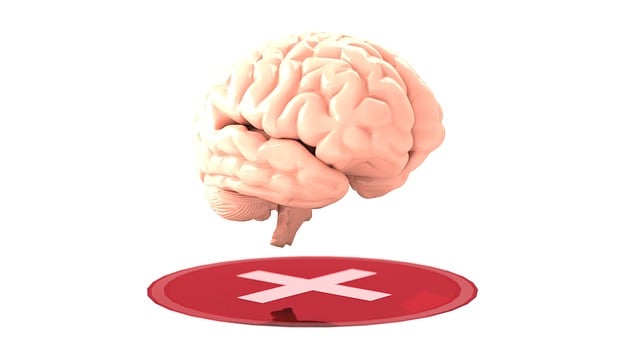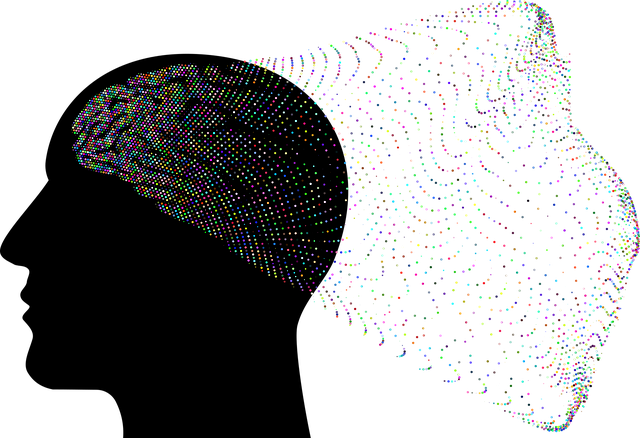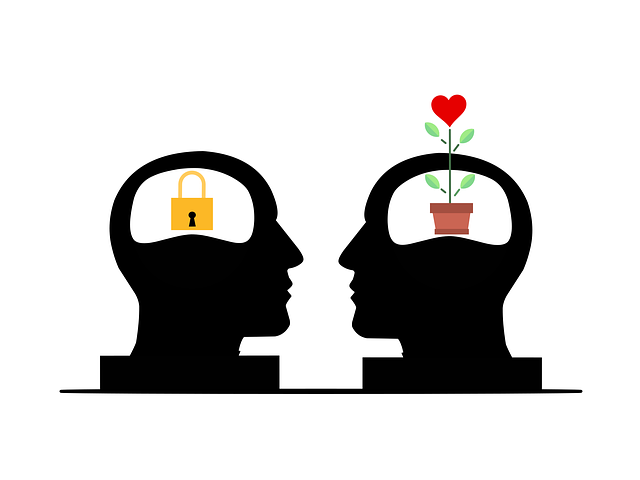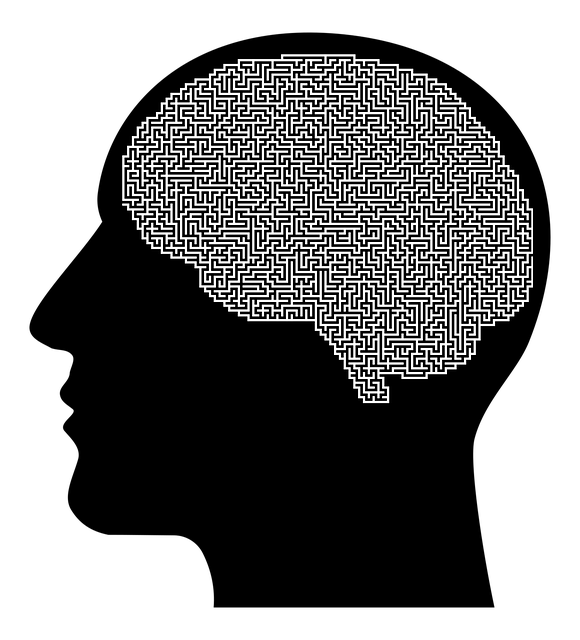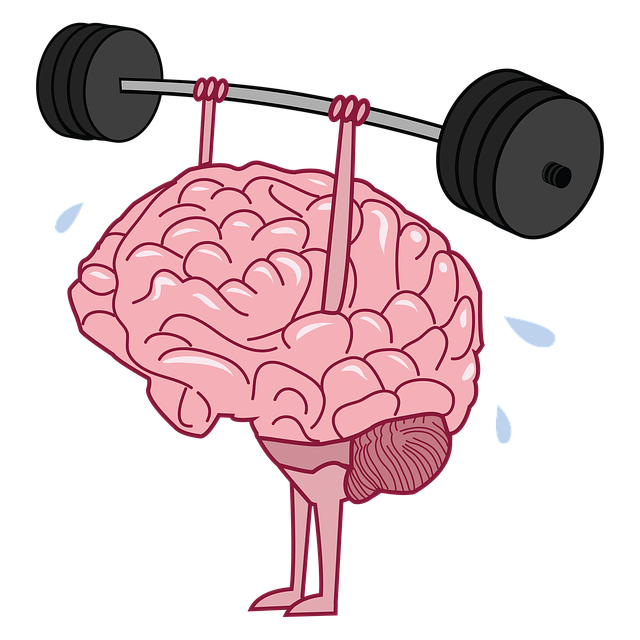Northglenn Geriatrics Therapy emphasizes holistic emotion regulation techniques for seniors, prioritizing self-awareness and individualized care. By integrating evidence-based strategies like mindfulness, cognitive reframing, and journaling, they enhance emotional intelligence and resilience. This approach combines cultural sensitivity with effective coping skills, improving quality of life and longevity for older adults in Northglenn through tailored mental wellness coaching programs.
Emotion regulation techniques are invaluable tools in geriatric care, especially in Northglenn, where specialized therapy practices focus on enhancing quality of life. This article explores strategies to help seniors navigate and manage their emotions effectively. From identifying triggers and recognizing emotional cues to implementing cognitive strategies and mindfulness practices, each section delves into practical techniques. Understanding emotion regulation is key to improving mental well-being for Northglenn geriatrics patients, fostering a more peaceful and fulfilling daily living experience.
- Understanding Emotion Regulation for Geriatric Care in Northglenn
- Identifying Triggers: Recognizing Emotions and Their Sources
- Techniques for Managing Strong Emotions
- Cognitive Strategies to Enhance Emotional Intelligence
- Integrating Mindfulness and Relaxation Practices for Daily Living
Understanding Emotion Regulation for Geriatric Care in Northglenn

In Northglenn, geriatric care places a growing emphasis on emotion regulation techniques as integral components of holistic well-being for older adults. Understanding and managing emotions effectively is crucial for navigating the complexities of aging, especially in a diverse community like Northglenn with its rich cultural tapestry. Cultural sensitivity in mental healthcare practice plays a pivotal role here, ensuring that emotional healing processes are tailored to meet the unique needs and experiences of each individual. Geriatrics therapy in Northglenn leverages evidence-based strategies to foster mental wellness coaching programs development, empowering seniors to cope with life’s challenges and enhance their overall quality of life.
By integrating emotion regulation techniques into care plans, Northglenn geriatric facilities aim to promote emotional resilience among their residents. These techniques go beyond mere stress reduction; they focus on cultivating self-awareness, building adaptive coping skills, and fostering a positive sense of identity—all essential aspects of mental wellness coaching programs. The result is not just immediate relief from symptoms but lasting improvements in emotional health that can enrich the lives of seniors in Northglenn and contribute to their overall longevity and satisfaction.
Identifying Triggers: Recognizing Emotions and Their Sources

Identifying triggers is a crucial step in emotion regulation techniques teaching. At Northglenn Geriatrics Therapy, we emphasize the importance of recognizing emotional responses and understanding their sources. Patients are encouraged to track situations, thoughts, or interactions that consistently evoke strong feelings. This self-awareness allows for proactive management of emotions by identifying specific triggers unique to each individual. By keeping a journal or using digital tools, one can notice patterns and learn to recognize early warning signs, enabling them to employ coping strategies before emotions escalate.
Self-care practices and compassion cultivation techniques play a significant role in this process. Encouraging patients to engage in regular self-reflection and mindfulness exercises helps build emotional intelligence, fostering a deeper connection with their feelings. As previously mentioned, Northglenn Geriatrics Therapy promotes these compassionate approaches, enabling individuals to navigate life’s challenges with greater resilience and an enhanced ability to regulate emotions effectively.
Techniques for Managing Strong Emotions

Managing strong emotions effectively is a valuable skill that Northglenn Geriatrics Therapy emphasizes as part of their holistic approach to care. Their therapy sessions often incorporate techniques drawn from emotional intelligence and crisis intervention guidance, empowering individuals to navigate intense feelings with resilience.
One such technique is mindfulness meditation, which encourages individuals to focus on the present moment, observe their emotions without judgment, and cultivate a sense of calm. This approach helps prevent burnout, allowing people to respond to challenging situations more thoughtfully rather than reacting impulsively. Additionally, cognitive reframing teaches individuals to challenge negative thought patterns associated with strong emotions, fostering a greater sense of emotional control and well-being.
Cognitive Strategies to Enhance Emotional Intelligence

Cognitive strategies play a pivotal role in teaching emotion regulation techniques, especially for individuals seeking Northglenn Geriatrics Therapy. These strategies focus on challenging and changing negative thought patterns that can trigger intense emotions. By identifying and questioning these thoughts, individuals gain a better understanding of their emotional responses. For instance, when faced with stress or anger, one might recognize that their initial thoughts are exaggerated or irrational, which can help in downregulating those feelings.
This process not only enhances emotional intelligence but also fosters resilience building and confidence boosting. Through cognitive restructuring, people learn to reframe situations, replacing negative perspectives with more balanced ones. Moreover, integrating these strategies into daily life through exercises like journaling or mindful meditation can significantly improve social skills training, enabling individuals to interact with others in a more emotionally regulated manner.
Integrating Mindfulness and Relaxation Practices for Daily Living

Integrating mindfulness and relaxation practices into daily routines can significantly enhance emotional well-being, as exemplified by Northglenn Geriatrics Therapy’s comprehensive approach. These techniques, often featured in the Mental Wellness Podcast Series Production, aim to cultivate present-moment awareness and foster a sense of calm. By incorporating simple yet effective practices like deep breathing exercises and guided meditations, individuals can effectively manage stress and regulate their emotions throughout the day.
Healthcare Provider Cultural Competency Training highlights the importance of these skills in diverse settings. Mindfulness and relaxation are not one-size-fits-all; they must be tailored to individual needs and cultural backgrounds. This personalized approach ensures that everyone, regardless of their background, can benefit from these powerful tools, ultimately contributing to improved mental health awareness and overall emotional resilience.
Emotion regulation techniques play a pivotal role in enhancing the quality of life for geriatric individuals in Northglenn. By understanding and managing emotions effectively, caregivers can significantly improve their loved ones’ well-being. The strategies discussed, including trigger identification, cognitive strategies, mindfulness practices, and relaxation techniques, offer practical tools to navigate emotional challenges. Incorporating these techniques into daily routines can foster emotional intelligence, promote calmness, and create a more peaceful environment for both the elderly and their caregivers in Northglenn geriatrics therapy.
